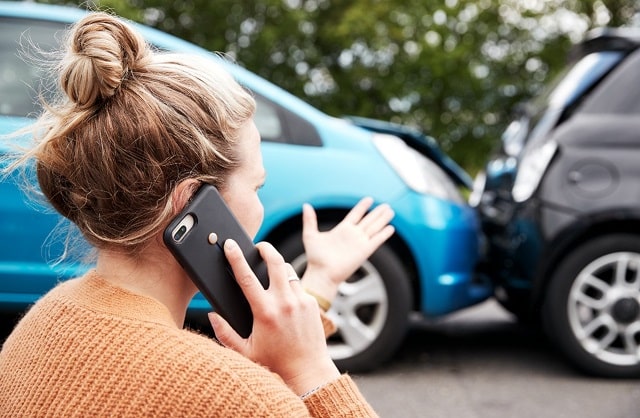What To Do When You Hit Another Car
Even the most minor car accidents can be incredibly frustrating. Cars are vulnerable to any contact, and you are left needing to deal with insurance and find a mechanic or panel beater. It only gets worse when there is another car involved, especially when you are the one at fault.
While minor collisions occur every day, most people do not know what to do when they hit another car. The good news is that it is not as difficult as you might think. Let’s get into the nitty-gritty of what to do when you hit another car.
We will focus on accidents that don’t involve injuries or death, as those instances require a different approach entirely.
1. Stay Calm
Any car accident gets the blood running, and if there is danger involved, adrenaline pumps through your body. This can lead to conflict between you and the other driver. While you may not be able to keep your body from reacting to the situation, stay calm in the way you deal with the other person. Say little, attempting to diffuse the situation.
The simple reality is that you both might believe the other was in the wrong – and it’s possible that both of you messed up! If there are witnesses, ask if they will stay put to help file a police report. Don’t blame the other driver and, if you can, try and find common ground. You are both in the same frustrating situation, after all.
2. Call Your Insurer
Call your insurance provider as soon as you can. This is not only because you will need them when you file a claim, but because they are experts at guiding people through these situations. In fact, they can be a soothing voice of calm. They may even talk you off the ledge if you feel like a fight with the other driver is inevitable.
You should call them immediately if possible, especially if you hit a parked car. Even if you only have third-party liability insurance, you can take advantage of their expertise to ensure you avoid any unreasonable legal claims. They can tell you what not to say to implicate yourself in the collision if it is not clear who was at fault. They can also refer you to the nearest towing company if your car is too damaged to drive.
3. File A Police Report
If police come to the scene of the collision, they will help you file a police report. Otherwise, you will need to visit your nearest police station. Ideally, you will be able to go with the owner of the other car. If this is not possible, ask them for their details, including full name and contact information. Take their licence plate number down as well. This will not only be necessary in your police report but will also help identify them if they give you false information.
Your police report will include a description of the accident from your perspective. Share what you can remember, keeping in mind the guidance your insurer has provided.
4. Send Documents To Your Insurer
Your insurance provider will need documents including a claims form and the police report. Ask them about any other documents that may be necessary. If it is determined that you were at fault in the collision, you will need to get a claims form from the other driver’s insurer.
Your insurer will give you details about how to get your car appraised so that they can determine how much to pay out. Ask about whether your policy covers a rental car while your car is repaired. This is an extremely helpful service if you have it.
5. Follow Your Claim
It will be tempting to give all control over to your insurer and simply wait for them to get in touch. However, insurance companies do try to get out of paying when they can. Sometimes they use loopholes. At other times, they simply make “mistakes” they hope you will not know to query.
For this reason, you should follow your claims process closely. Look into the appraisal given by their provider. Check that they have assessed all of the damages caused by the accident. Check your policy to see if the deductibles they take are in line with what you signed up for.
Also, don’t let them drag their feet in terms of processing the claim, as they may only give you so much time with a rental car, after which they will demand payment.
Unfortunately, when there is another driver involved and it is determined that you were at fault, you may need to deal with their insurance as well. Following up with them is going to be more difficult. The silver lining is that they will be eager to claim from your insurer so as to avoid paying out claims themselves.
Car Crash Conclusion
Hitting another car is extremely frustrating. Dealing with the other driver and your respective insurance companies can be confusing. Make sure to be attentive from the start, and demand the best possible service from your insurer.

